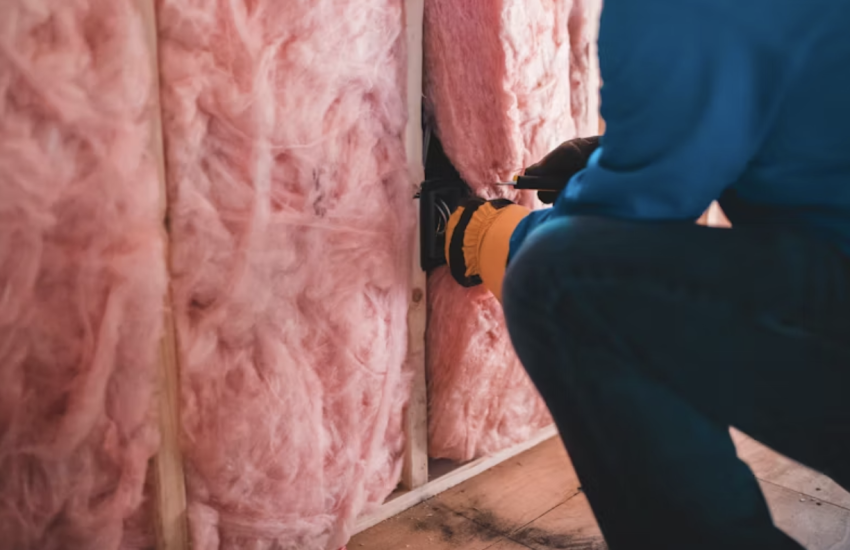What Determines Property Prices?
House value is a major talking point and a key consideration as people look at other ways of providing for retirement other than a pension. For some while now, property prices in the UK have risen appreciably and – if interest rates stay low and demand says high as a property shortage continues – they look likely to stay buoyant.
Various factors influence prices, and while some are purely market-driven others can be controlled.
Market Driven Factors
1. Location
Almost a cliché, but true nevertheless, location is a key factor influencing property values. But what affects the desirability of a particular location?
-
Where in the country
some regions have higher property prices than others. Generally speaking, the south tends to have higher priced property than more northern areas.
-
Amenities
proximity of rail and road links, good schooling and shopping may be a factor.
-
Desirability
certain villages and towns are especially appealing and attract a premium.
-
What’s nearby
a noisy road junction, commercial plant or suchlike could adversely affect values.

2. Supply and demand
In general, properties where certain types of property are in short supply will experience higher values. Conversely, a glut of a type of property less in demand may see values drop.
3. Trends and demographics
More households are being created – a trend fuelled by more single people setting up home and caused primarily by more marriages and partnerships ending and people living longer. This in turn can cause shortages of property, or certain types of property in particular areas.
4. Interest rates and other financial factors
Lower interest rates can enhance values as more people are able to secure mortgages. Wage rises can stimulate demand for similar reasons.
5. Confidence
It’s an intangible factor, but a powerful one; if people feel confident in the market and the ability to qualify for and service a mortgage, this can fuel property values as more people enter the market.
Controllable factors
1. Kerb appeal
Often basic things the owner can do to help the initial appeal of the property on the viewer’s first sight of it, and usually easy to attend to. Some factors that improve kerb appeal include:
- Neatly cut grass and tidy garden
- Clean windows
- Front door and woodwork in good decorative order
- Guttering working properly
There are many clever ways to increase the kerb appeal of your home.
2. Decoration
While it may not be worth spending appreciable money on decorating – the new owners will likely do it in their preferred colour schemes anyway – certain ‘neutralising’ measures might help boost demand for your property:
-
Address children’s rooms
if possible, redecorate in a basic, bland style as opposed to the possible ‘bespoke’ way you decorated it for your youngster. For example, a room decked out in ‘Star Wars’ or a favourite football team may need to be toned down.
-
Steer clear from loud or ‘eccentric’ colours
A bright orange or pink isn’t to everyone’s tastes. Mute the palette with something a little more mainstream.
-
Choose light colours
These can help make rooms look larger.
3. Odours
Even temporary odours – such as recent strong cooking smells like fish – can put buyers off. Our advice? Don’t cook when you know you’ve got viewings booked. Smoke in the home is a big turn off, so try not to smoke indoors while your house is on the market.
In any event, you may have to carry out a thorough clean, as the smell of smoke can embed itself into carpeting and other soft furnishings and linger for some time.
4. The garden
A scruffy garden can affect values, even if the new owners have their own plans for the layout. Beware of Japanese knotweed – this invasive plant can cause major problems and requires expert removal.
5. Maintenance issues
If anything requires attention, you need to decide whether it’s worth repairing or not. Try not to gamble on your prospective buyer not noticing – best to be upfront over these matters.
-
Boiler
A boiler near the end of its life is expensive, so this can act as a dampener on your property’s appeal unless replacement is reflected in the value.
-
Plumbing
The need for major plumbing work has the same effect as above.
-
Roofing and damp
Broken roof tiles and a damp patch need attention before the property goes on the market, otherwise the extra costs involved in the maintenance work should be reflected in the price.
Prepare for sale
While some factors as discussed above are beyond your control, there are certain steps you can take to maximise your property’s value. Along with these, make sure you ask your estate agent for their views and advice – they know the local market and how best to sell your property.
Martin Gibbon is the Director of Balgores Property, the leading Essex Estate Agents. Martin has been working in the industry since the mid 80’s. When he is not selling properties, Martin enjoys spending time with his wife and children, fishing and supporting West Ham.


















